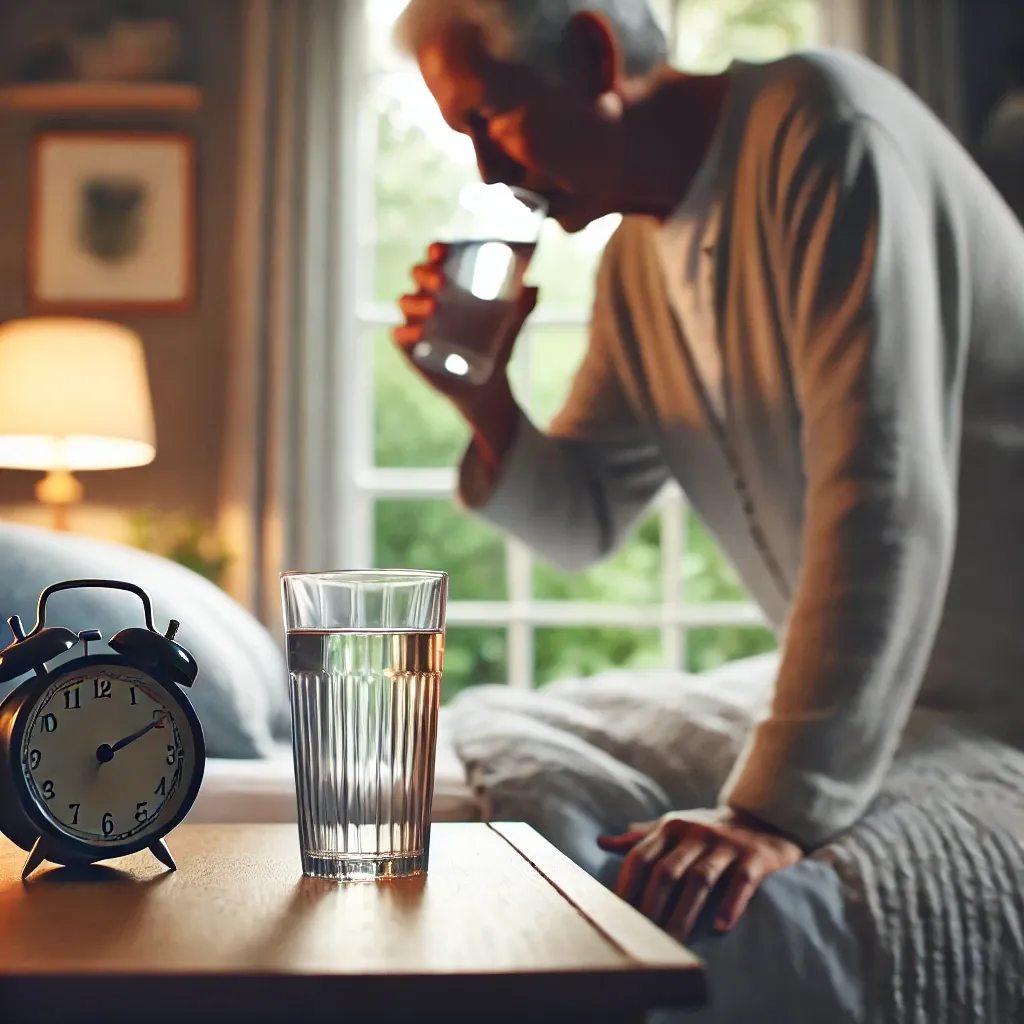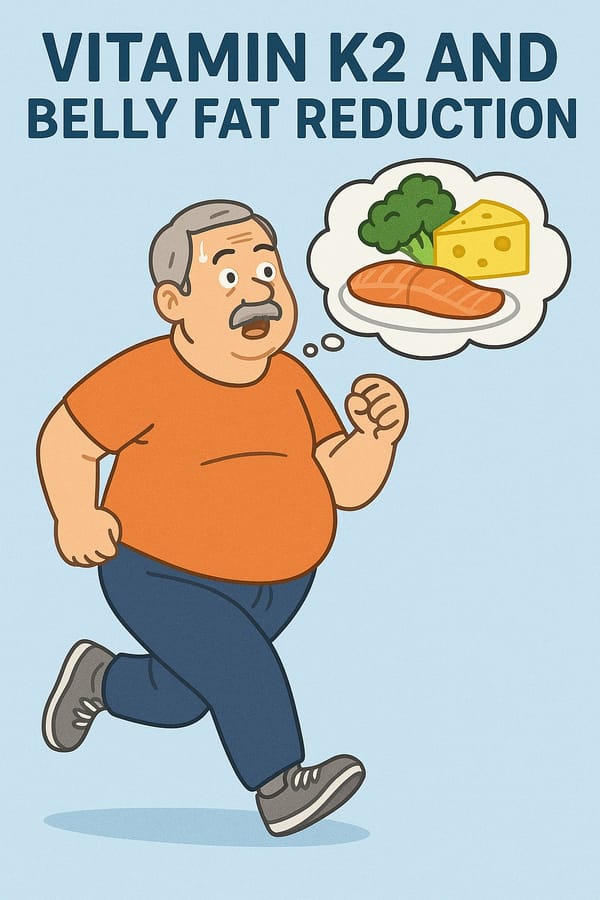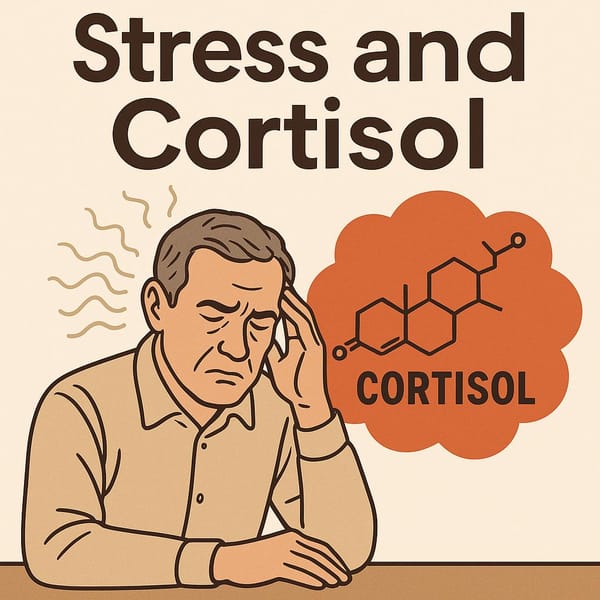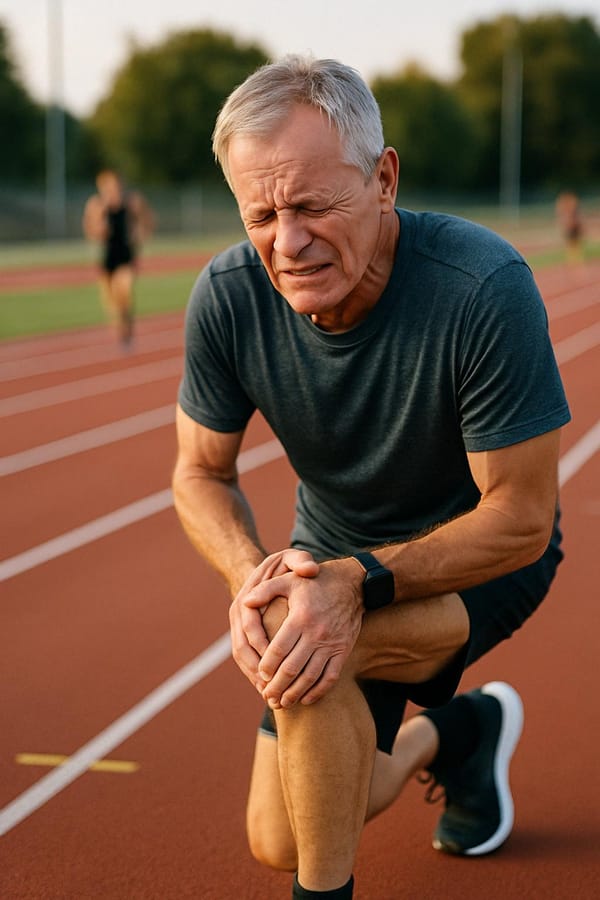Dizziness Upon Waking Up and Standing Too Quickly: Causes, Prevention, and Treatments
Feeling dizzy upon waking and standing up too quickly is common among seniors. This article explains causes, prevention, and treatment options, featuring expert advice for better health.

Introduction
Experiencing dizziness immediately after waking up and standing up too quickly is a common issue that many people face. Sometimes it lasts only a fraction of a second before subsiding, but in some cases, it may occur frequently enough to raise concerns. This type of dizziness can indicate various underlying conditions, ranging from changes in blood circulation to inner ear problems. If left unrecognized or misunderstood, it may become a hindrance to daily life.
In this article, we explore the real causes of dizziness that occurs upon waking up and standing too quickly, along with management and prevention strategies—whether behavioral adjustments, exercises, diet, or medical interventions. All the information here is based on scientific research and reputable medical organizations, helping seniors or anyone experiencing this issue to better understand and manage their health.
What Is Dizziness After Waking Up and Standing Quickly?
Dizziness refers to a spinning or lightheaded sensation, and in medical terms, dizziness following a sudden stand-up from lying down often relates to how the circulatory system adjusts. When we lie down for an extended period, blood circulates horizontally. Upon standing suddenly, the body has yet to compensate for vertical circulation. This rapid shift in blood pressure can cause the brain to experience a brief loss of adequate blood supply, resulting in a lightheaded or dizzy feeling.
Orthostatic Hypotension
Sometimes, dizziness after waking up and standing quickly is due to Orthostatic Hypotension, which is a drop in blood pressure upon sudden postural changes. Normally, when transitioning from lying down to standing, the body adjusts blood pressure to maintain sufficient blood flow to the brain. If this adjustment mechanism is delayed, blood pressure drops immediately, leading to lightheadedness, blurred vision, or dizziness.
Benign Paroxysmal Positional Vertigo (BPPV)
Another common cause is BPPV, a condition in which tiny calcium crystals in the inner ear become dislodged. When making sudden movements of the head, such as rolling over or getting up from bed, these crystals may move improperly and stimulate nerves, resulting in intense but short-lived episodes of vertigo.
Other Contributing Factors
- Dehydration: When the body is dehydrated, the bloodstream is less effective in carrying blood. Standing up quickly can then cause dizziness or faintness.
- Certain Medications: Blood pressure medications, diuretics, or some sedatives can cause dizziness as a side effect.
- Neurological Disorders: Conditions like Parkinson’s disease or other neurological issues may contribute to dizziness upon changing posture.
- Anemia: A lack of sufficient red blood cells to carry oxygen can make a person more prone to feeling dizzy.
Why Is This Common in Seniors?
- Decreased Vascular Flexibility: In older adults, blood vessels often lose some elasticity, slowing down the body’s ability to adjust blood pressure during posture changes.
- Hypertension and Blood Pressure Medications: Many seniors take antihypertensive medications. If these are not properly adjusted, it can lead to low blood pressure and frequent dizziness.
- Dehydration or Nutritional Deficiencies: With age, the sensation of thirst may diminish, and appetite may decrease, resulting in insufficient fluid and nutrient intake.
- Multiple Chronic Conditions: Diseases such as diabetes, heart disease, or neurological conditions can indirectly affect balance and blood circulation.
Prevention and Initial Remedies
1. Transition Slowly
- Upon waking, sit on the edge of the bed for a moment before standing.
- If you feel dizzy, return to a seated or lying position until the sensation subsides.
2. Sip Water Before Standing
- Drinking a small amount of water before standing can help increase blood volume slightly.
- If you have prescribed medication for dizziness, consult with your doctor about timing and dosage.
3. Exercise and Physical Activity
- Light Exercises like walking, yoga, or tai chi can enhance balance and circulation.
- Vestibular Rehabilitation Exercises: Helpful if dizziness is caused by BPPV, working with a physical therapist can reduce symptoms.
- Epley Maneuver: A well-known exercise to reposition dislodged crystals in the inner ear back to where they belong.
4. Lifestyle Adjustments
- Avoid rapid head movements such as quick turns or sudden bending.
- Pause briefly when transitioning from sitting to standing to allow the body to adapt.
- Gradually expose your eyes to light, using curtains or dim lighting in the bedroom upon waking.
5. Diet and Nutrition
- Stay Hydrated: Aim for around 6–8 glasses of water per day, especially for seniors.
- Balanced Diet: Incorporate vegetables, fruits, and adequate protein sources like fish, legumes, and eggs.
- Limit Caffeine and Alcohol: Both can contribute to dehydration and worsen dizziness.
6. Medication Management and Medical Consultation
- If you’re on blood pressure medications or others that may cause dizziness, monitor your symptoms and report frequent or worsening episodes to your doctor.
- Regular check-ups for conditions like diabetes, high cholesterol, or anemia help pinpoint issues contributing to dizziness.
Treatment Options for Persistent Symptoms
1. Medical Evaluation
- A physician may perform Orthostatic Vital Signs testing to gauge changes in blood pressure between lying, sitting, and standing.
- If BPPV is suspected, a Dix-Hallpike test may be done.
- Additional tests like audiometry (hearing tests) or MRI/CT scans may be required in certain cases.
2. Specialized Treatments
- Orthostatic Hypotension: Treatment might involve adjusting or changing medications and possibly increasing salt intake (under medical supervision) and fluid consumption.
- BPPV: Epley Maneuver or Semont Maneuver are common techniques, often guided by a physical therapist.
- Chronic Conditions: If caused by heart or neurological disorders, addressing the root condition helps reduce dizziness.
3. Anti-Dizziness Medications
- In certain cases, doctors may prescribe anti-vertigo drugs like Meclizine or anti-nausea meds like Domperidone, used cautiously among seniors.
4. Physical Therapy
- For those with balance issues, a physical therapist can design exercises to enhance stability and safe walking.
Long-Term Self-Care
- Regular Check-Ups: Monitor blood pressure, bone health, heart, and vascular function to reduce the risk of dizziness.
- Keep a Symptom Diary: Note when dizziness occurs, its severity, duration, and any triggers like medication or stress.
- Brain Exercises and Adequate Rest: Engage in mentally stimulating activities such as reading or puzzles, and aim for 7–8 hours of quality sleep.
- Avoid Triggers: Bright, sudden lights, loud noises, or certain strong odors may provoke dizziness in some individuals.
- Home Safety: Install grab bars in bathrooms or hallways, ensure good lighting, and remove any tripping hazards.
Simple Exercises to Alleviate Dizziness
- Head Movements: Sit upright and slowly rotate your head left to right, around 10–15 repetitions, helping the inner ear adapt.
- Eye Tracking: Move your gaze left and right without moving your head, for about 10 repetitions.
- Cawthorne-Cooksey Exercises: A set of head, eye, and body movements designed to reduce BPPV symptoms.
(Warning: Consult a doctor before starting any exercise routine for safety.)
Nutritional Recommendations
- Foods High in Vitamin B12: Fish, eggs, and dairy products help prevent anemia.
- Varied Fruits and Vegetables: Carrots, tomatoes, broccoli—packed with antioxidants to protect brain cells.
- Quality Protein: Lean meats, fish, beans, tofu—build muscle and improve overall physical stamina.
- Complex Carbohydrates: Whole grains, brown rice, and other unrefined carbs help stabilize blood sugar.
- Drink 6–8 Glasses of Water: Especially important for seniors who might not feel thirsty.
Conclusion
Dizziness upon waking and standing quickly, while seemingly minor, should not be overlooked. It may signal health concerns such as low blood pressure, chronic diseases, or inner ear issues. Understanding the causes and making lifestyle adjustments—like standing up slowly, staying hydrated, maintaining a balanced diet, exercising regularly, and getting routine check-ups—can help reduce the risk significantly.
However, if dizziness is severe—accompanied by fainting spells, irregular heartbeat, or severe headaches—seek medical attention immediately for a proper evaluation. Remember that health is paramount, especially for seniors who require extra care.
Disclaimer: This article provides general information and is not a substitute for professional medical advice. If symptoms persist or worsen, consult a qualified healthcare provider.



